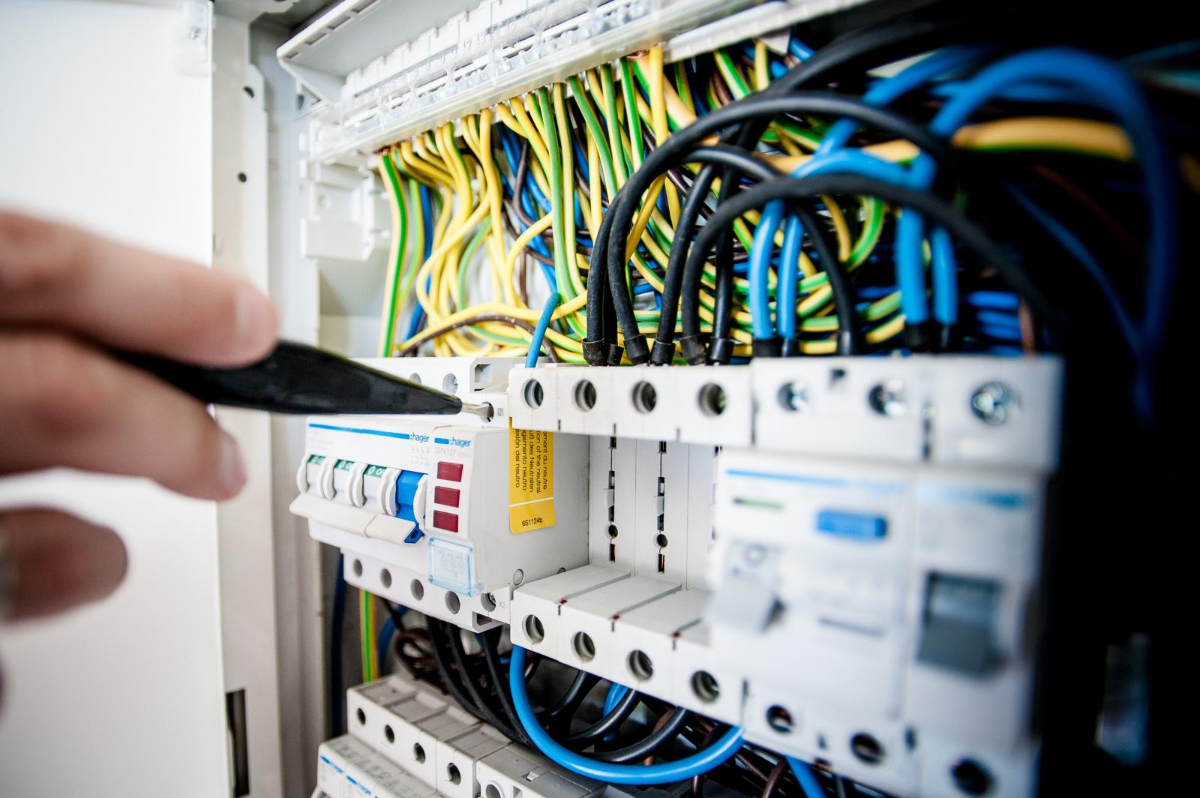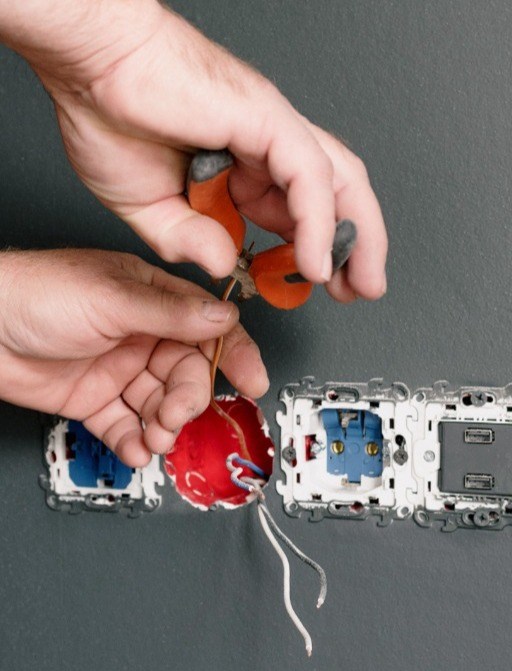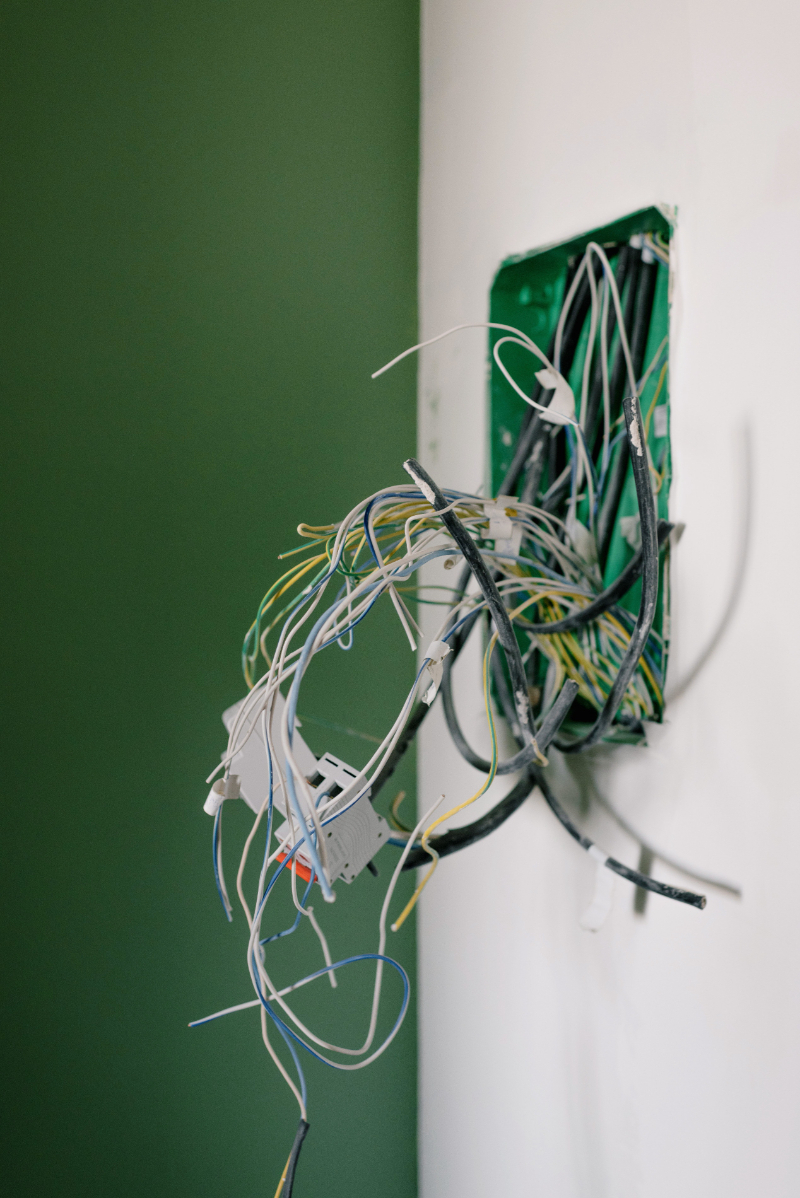Who Requires Electrical Building Control Certification
- Posted by:
- Admin
- Tags:
- Posted date:
- 25-04-2022

Do I need building regulations approval for electrical work?
Most building projects must comply with the existing building regulations; this work includes projects such as home improvements, knock-throughs, small extensions and minor work. If you find yourself unsure whether your project or job requires building regulations approval or planning permission/planning portal, don't hesitate to contact your local council building control team for general advice and information.
Building regulation applications are typically necessary for the electrical safety of various construction projects, such as:
For New Buildings:
- Garages that are not fully detached from their space surrounding households or those that are 30 square metres or under.
- All brand-new buildings, not including any agricultural buildings
For Extensions:
- Basements and their extensions
- All extensions, regardless of how big or small.
- You may require them for some garden or front porches and conservatories; however, many are exempt from applications, for example, if they are separated from homes with doors and therefore cannot be heated.
- Roof terraces, roof extensions and balconies.
Responsibilities as a homeowner
As a homeowner, you have plenty of responsibility to ensure that all electrical appliances and installations within your household and property comply with the current UK building regulations, alongside those specific to your local area.
We highly recommend that you hire a competent person scheme-registered electrician or at the very least have the work checked or overseen by an approved inspector system with a valid membership number.
The Part P section of the national building regulations states that all DIY or installation work carried out by any non-registered traders must be thoroughly checked and certified for credibility.
Working with electricals can be complex and dangerous work; it's best to ensure that those that complete the work are professionals or on the road to being.
For property owners, you become immediately responsible for ensuring all electrical work done in your building complies with building control rules.
These regulations cannot stop you from doing your DIY work and cannot prevent you from using an unregistered tradesperson.

However, should you do so, you must fill out or create a Building Regulations Application to seek approval from your local authorities. Professionals encourage you to use registered electricians' talents and skills under a government-authorised competent persons' scheme or various CPS schemes.
Doing so means you do not have to put in any planning permission or applications to your local authority because they are already authorised to finish such jobs. It's also far more straightforward and safer to do so.
What is Part P of the building regulations?
After 2005, any electrical work found in England and Wales flats, houses, or properties is regarded as notifiable to official building control bodies, whether completed as DIY work or professionally by certified electricians and engineers. It's paramount that such work meets the Part P requirements of the current building regulations. In April of 2013, building control amended these requirements in England.
Compliance with Part P is essential for all those with household electricals, and it's intended to ensure you, your family or your guests stay safe when in your company and free of any electrical hazards. Its requirements apply to all brand-new dwellings, alongside any additions or alterations made to existing installations in houses, flats, and other dwellings, including partial or complete rewires.
Part P informs us that anyone carrying out such electrical work or installations must ensure that there has been thorough and reasonable provision throughout the design and installation process. The reason for having provision is to protect those that may utilise, alter or maintain the electrical equipment of the dwelling from injury, electric shock or fatal fire hazards.
What electrical work is notifiable?
Since April 2013, any electrical work in a dwelling or associated with its communal surroundings is known as notifiable to any local authorities or building control body. Some of the notifiable electrical work includes:
- The replacement of any significant consumer unit in a property, for example, a fusebox.
- Any addition or alterations to those existing circuits in a particular or special location, no matter whether they sit at an extra-low voltage or a voltage lower than 230 V. Special locations are those rooms that contain showers, baths, sauna heaters and swimming pools.
- The installation of brand-new circuits, especially those of a low voltage (230 V) or extra-low voltages.
Why do I need an Electrical Certificate?
Professionals in the electrical industry highly recommend utilising the talents and knowledge of a registered electrician as this will allow you to get any electrical work inside or around your home completed.
Electrical certificates allow you to demonstrate that your household property or business establishment complies with current regulations and legislation.
Using a registered electrician will ensure all electrical installation work is finished safely, as it is bound to meet the BS 7671 UK national standard requirements.
You won't have to directly deal with an approved inspector building control if work is done and carried out this way.
If high-quality, they will likely do a good job; if the registered electrician performs work that doesn't meet the latest building regulation requirements, you will access requisite procedures to make a formal complaint.
If the work completed is found unsatisfactory according to the building regulations, you can opt to take out an insurance-backed guarantee and make a sufficient claim.
When you use an installer's work that is not a competent person or not registered, you must notify your third-party registered certifier within the following five days of completion
During this time, the registered third-party certifier will undergo testing and thorough inspection to complete Electrical Installation Condition Reports.

Ultimately, you require a certificate from a qualified electrician in your building. Such will demonstrate to your employees, tenants or home buyers that the electrical appliances inside your building are safe for use. A lack of such certificates or building is a criminal offence and could lead to legal disputes or councils encouraging you to destroy your recent work.
What certificates should I expect?
When your electrical work is finished, you are likely to receive the following certificates:
A Building Regulations Compliance Certificate helps confirm that all work completed complies with and successfully meets the standards of the current building regulations.
You'll also obtain a completed Electrical Installation Certificate or get a Minor Electrical Installation Works Certificate for significantly smaller jobs.
We hope this article has been helpful in understanding the common causes of electrical problems.
If you live in the Retford, Nottinghamshire area and you need help or advice with commercial or domestic electrical testing we can help. Follow the links below to contact our local Retford electrical expert today.
